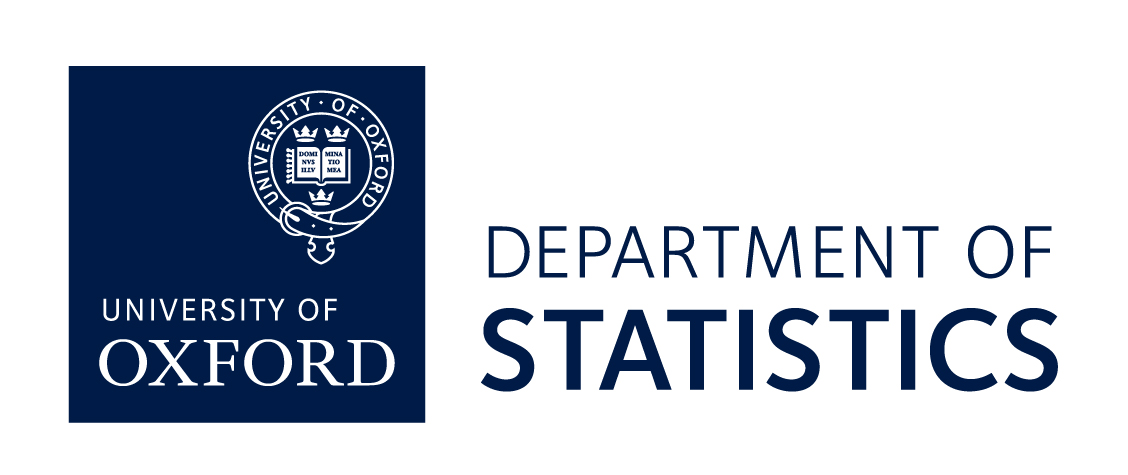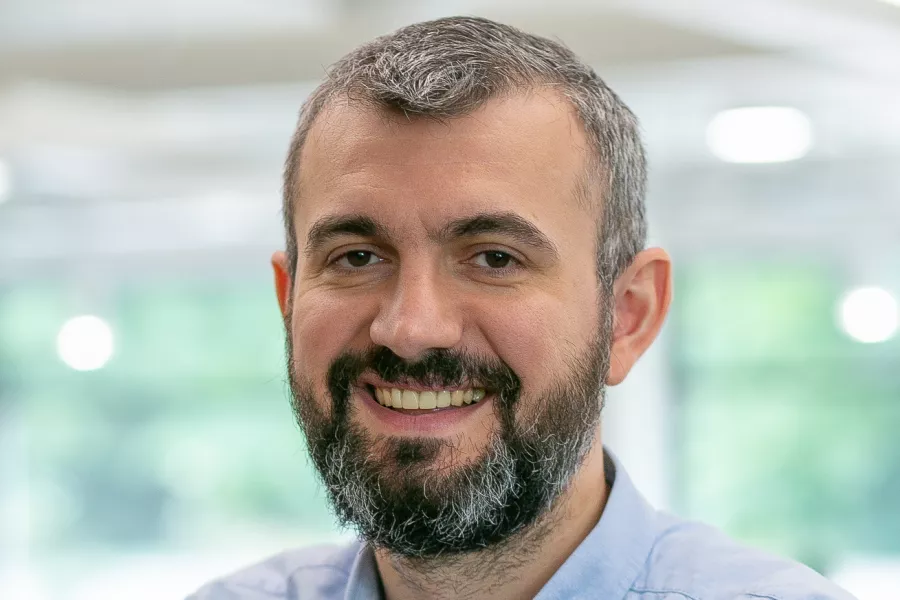Thirty-three University of Oxford researchers have been named Turing Fellows for the 2021/22 academic year, including four from the Department of Statistics. The fellows from the Department of Statistics are Professor Mihai Cucuringu, Associate Professor of Statistics; Professor Jotun Hein, Professor of Bioinformatics; Professor Gesine Reinert, Professor of Statistics; and Professor David Steinsaltz, Associate Professor of Statistics.
The University’s cohort of fellows comprises researchers from 14 departments spanning the Mathematical, Physical, and Life Sciences (MPLS), Social Sciences and Medical Sciences divisions. Some have been closely involved with the Turing Institute since its creation in 2015, when Oxford was one of the five founding university members; for the rest, the Fellowship is their first formal association with the Institute.
Fellows’ research interests range from the fundamentals of AI and development of novel methods to cutting-edge application of data science to real-world challenges in areas from seismology and volcanology to immunology, neuroscience, mental healthcare, and finance.
Professor Sam Howison, Head of the MPLS Division, commented: ‘I am delighted to see the work of so many Oxford researchers recognised in this way. Their wide-ranging expertise illustrates not only the breadth of outstanding data science and AI research in Oxford, but also the critical importance of data science to so many aspects of the modern world.
‘Recent work on the analysis of rough paths, led by Prof Terry Lyons from Oxford’s Mathematical Institute, has already shown how the networking opportunities afforded by the Turing Institute can lead to transformative new areas of research. We look forward to the new internal and external connections and collaborations which this year’s cohort of Fellows will form.’
The 400 fellows announced by the Alan Turing Institute – the UK’s national institute for data science and AI – are drawn from across its 13 partner universities and are established scholars with proven research excellence in data science, artificial intelligence, or a related field. They contribute to new ideas, drive collaborative projects that deliver impact, and help to grow the institute’s research capacity and its diverse network of partner organisations.
Institute Director and Chief Executive Adrian Smith said: ‘It gives me great pleasure to welcome this new group of Fellows. This cohort is incredibly multidisciplinary and diverse. They will bring a rich range of expertise and ensure we continue to do world-leading, impactful research.’ Read more about the Turing Fellowships.



